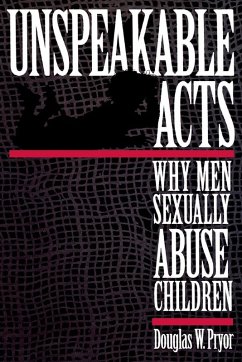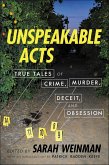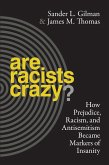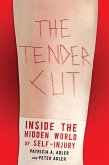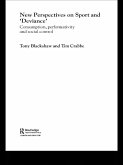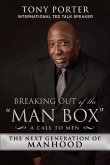A holistic sociological approach that explores why offenders sexually abuse children
The sexual abuse of children is one of the most morally unsettling and emotionally inflammatory issues in American society today. It has been estimated that roughly one out of every four girls and one in ten boys experience some form of unwanted sexual attention either inside or outside the family before they reach adulthood.
How should society deal with the sexual victimization of children? Should known offenders be released back into our communities? If so, where, and with what rights, should they be allowed to live? In Unspeakable Acts, Douglas W. Pryor argues that much of this debate, designed to deal with abusers after they have offended, ignores the important issue of why men cross these forbidden sexual boundaries to molest children in the first place and how the behavior can possibly be prevented before it starts.
Incorporating in-depth interviews with more than thirty convicted child molesters, Pryor explores how men become involved with breaking sexual boundaries with children. He looks at how their lives prior to offending contributed to and led up to what they did, the ways that initial interest in sex with children began, the tactics offenders employed to molest their victims over time, how they felt about and reacted to their behavior between offending episodes, and how they were ultimately able to stop.
The author expands our understanding of this often reviled, little understood group, leaving us with the uneasy conclusion that the moral wall separating us from what is defined as extreme, sick behavior is not as opaque as we would like to believe.
The sexual abuse of children is one of the most morally unsettling and emotionally inflammatory issues in American society today. It has been estimated that roughly one out of every four girls and one in ten boys experience some form of unwanted sexual attention either inside or outside the family before they reach adulthood.
How should society deal with the sexual victimization of children? Should known offenders be released back into our communities? If so, where, and with what rights, should they be allowed to live? In Unspeakable Acts, Douglas W. Pryor argues that much of this debate, designed to deal with abusers after they have offended, ignores the important issue of why men cross these forbidden sexual boundaries to molest children in the first place and how the behavior can possibly be prevented before it starts.
Incorporating in-depth interviews with more than thirty convicted child molesters, Pryor explores how men become involved with breaking sexual boundaries with children. He looks at how their lives prior to offending contributed to and led up to what they did, the ways that initial interest in sex with children began, the tactics offenders employed to molest their victims over time, how they felt about and reacted to their behavior between offending episodes, and how they were ultimately able to stop.
The author expands our understanding of this often reviled, little understood group, leaving us with the uneasy conclusion that the moral wall separating us from what is defined as extreme, sick behavior is not as opaque as we would like to believe.
Dieser Download kann aus rechtlichen Gründen nur mit Rechnungsadresse in A, D ausgeliefert werden.

